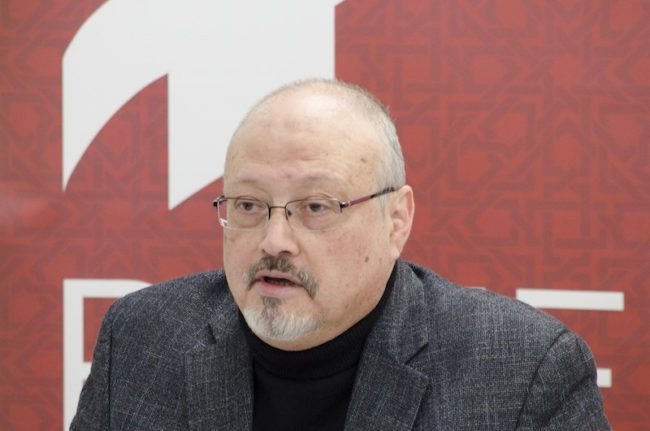On Oct. 2, Jamal Khashoggi was last seen entering the consulate’s office in Turkey to obtain documents, he never came out of the office. He had been writing for The Washington Post and was well known in the journalism community. His disappearance has garnered significant media attention.
Professor Tony Pederson, The Belo Foundation Endowed Distinguished Chair in Journalism, said: “My reaction as always is one of concern, murdering journalists is unfortunately—seems to be—a standard operating procedure in terms of governments that are of a certain nature. This is particularly egregious.”
The disappearance of Khashoggi was shocking and raised concern for free speech around the world. Turkish officials have stated they have evidence of Khashoggi’s murder. Saudi officials have denied any knowledge of his disappearance. As of late, Turkey is advocating for justice in the case of Jamal Khashoggi, despite statistics from the Committee to Protect Journalists which show it is not uncommon for journalists in Turkey to be repressed and treated poorly. In 2016-2017 alone, 73 journalists were imprisoned in Turkey.
When asked about her reaction to the situation, Professor Michele Houston agreed with Professor Pederson’s concern over this incident. She also commented, “Turkey is not kind to journalists, they imprison journalists sometimes for decades all the time.”
Until more information is available, it is difficult to know what really happened that day. Different theories have surfaced about what happened to Khashoggi, but none have been verified. Journalists worldwide are shaken by this event.
“[This story] is terrifying and brutal to follow,” said SMU journalism student Sriya Reddy. “The things they do for censorship is chilling.”









